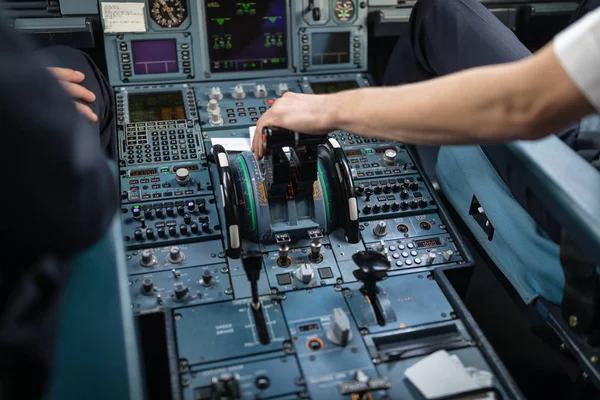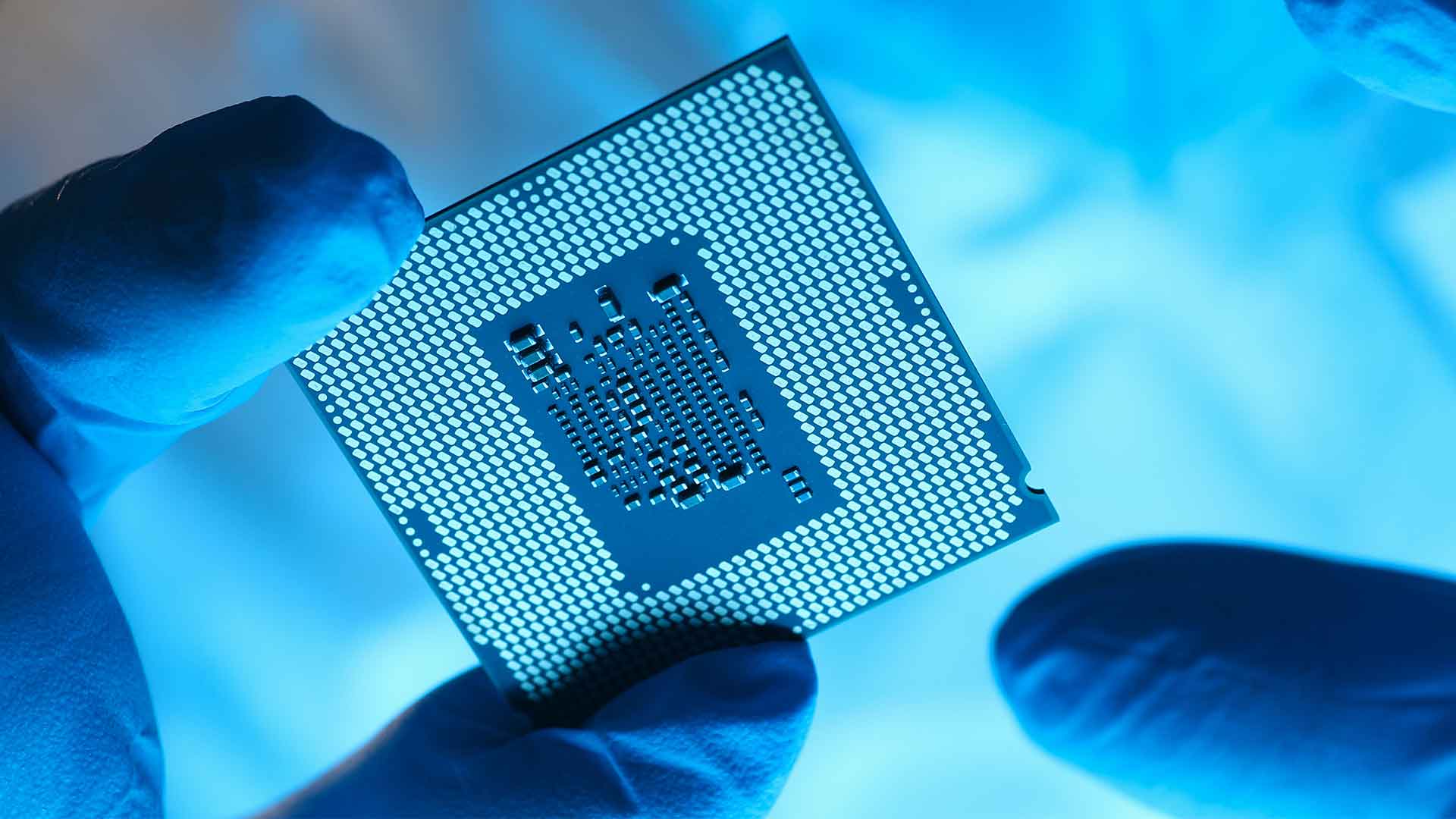Safran S.A.'s Role in the Evolving Aircraft Flight Control System Market: Strategies and Innovations

Strong 8k brings an ultra-HD IPTV experience to your living room and your pocket.
Introduction
The aircraft flight control system (FCS) market has been witnessing significant growth in recent years, driven by advancements in technology, evolving aviation safety requirements, and an increased demand for fuel efficiency. Safran S.A., a French multinational company specializing in aerospace, defense, and security, has emerged as a key player in shaping the future of flight control systems. This article explores Safran S.A.'s strategies, emerging innovations, and developments in the aircraft flight control system market.
Safran S.A. Overview
Founded in 2005, Safran S.A. is a leading global aerospace supplier, providing a wide range of products and services to the aviation and defense sectors. With its core focus on aircraft propulsion, avionics, landing gear, and flight control systems, Safran is at the forefront of pioneering solutions for the aerospace industry. The company’s commitment to cutting-edge research and development, coupled with a deep understanding of customer needs, has enabled it to become a trusted partner in the aviation industry.
Strategic Initiatives in the Aircraft Flight Control System Market
As the aviation industry continues to evolve, Safran S.A. has focused on several key strategies to strengthen its position in the aircraft flight control system market:
1.Collaborations and Partnerships: Safran has formed strategic alliances with other major aerospace and defense companies, allowing it to leverage complementary expertise and resources. For example, it collaborates with major aircraft manufacturers such as Airbus and Boeing to provide integrated flight control systems for their commercial aircraft.
2.R&D Investment: Safran’s commitment to research and development (R&D) is a driving force behind its innovations in flight control systems. The company invests heavily in R&D to develop next-generation technologies that improve the safety, efficiency, and performance of aircraft. Safran is continuously enhancing its flight control systems to meet the evolving demands of the aviation industry, including automation, digitalization, and advanced aerodynamics.
3.Sustainability Focus: With growing concerns about the environmental impact of air travel, Safran has prioritized sustainability in its product development. The company is actively working on developing more energy-efficient flight control systems that reduce fuel consumption and carbon emissions, in line with global sustainability goals.
Emerging Innovations in Flight Control Systems
The aviation industry is experiencing a shift toward more advanced flight control systems that are smarter, more efficient, and capable of enhancing the overall flying experience. Safran S.A. is playing a significant role in these developments by introducing a range of innovations:
1.Fly-By-Wire Technology: Safran has made significant strides in advancing fly-by-wire (FBW) systems, which replace traditional mechanical flight control systems with electronic controls. FBW systems offer improved performance, weight savings, and better maneuverability, enabling more efficient flight operations. These systems also improve safety by providing enhanced stability and control in different flight conditions.
2.Autonomous Flight Systems: In line with the increasing trend towards automation in aviation, Safran is exploring autonomous flight control systems that can reduce the need for manual intervention during flight. These systems are designed to enhance operational efficiency, reduce pilot workload, and increase flight safety by minimizing human error.
3.Integrated Flight Control Systems: Safran is also developing integrated flight control systems that combine multiple functions, such as navigation, stability, and propulsion control, into a single cohesive unit. This approach simplifies the overall system architecture, reduces weight, and increases reliability, leading to more efficient aircraft operations.
4.Data-Driven Optimization: Safran is leveraging big data and analytics to optimize flight control systems. By analyzing real-time data from various sensors, the company can improve the performance of its flight control systems and provide valuable insights for predictive maintenance, thus reducing operational costs and enhancing safety.
Recent Developments in Safran's Flight Control Systems
Safran’s recent developments in the aircraft flight control system market reflect its commitment to staying at the forefront of technological advancements. Notable developments include:
1.New Products and Solutions: Safran has recently introduced several new flight control products, such as the Actuation Systems for the Airbus A350 XWB. These advanced actuation systems play a critical role in the aircraft’s flight control performance and contribute to the overall efficiency of the aircraft.
2.Strategic Acquisitions: Safran continues to expand its portfolio through strategic acquisitions. For example, the acquisition of Zodiac Aerospace has strengthened Safran’s capabilities in providing comprehensive flight control solutions, including mechanical, electrical, and hydraulic systems, to meet the diverse needs of the aviation industry.
3.Technological Advancements in Materials: Safran has also been focused on improving the materials used in flight control systems. By utilizing lighter, more durable materials, Safran is able to enhance the performance and efficiency of its flight control systems, contributing to overall fuel savings and reduced emissions.
Conclusion
Safran S.A. is at the forefront of shaping the future of the aircraft flight control system market. The company’s strategic initiatives, including partnerships, investment in R&D, and focus on sustainability, have positioned it as a leader in the development of innovative flight control technologies. By embracing emerging innovations such as fly-by-wire systems, autonomous flight control, integrated systems, and data-driven optimization, Safran is paving the way for smarter, more efficient, and safer aviation operations. As the aviation industry continues to evolve, Safran's ongoing developments will play a crucial role in shaping the future of aircraft flight control systems, ultimately benefiting airlines, passengers, and the environment.
Note: IndiBlogHub features both user-submitted and editorial content. We do not verify third-party contributions. Read our Disclaimer and Privacy Policyfor details.







